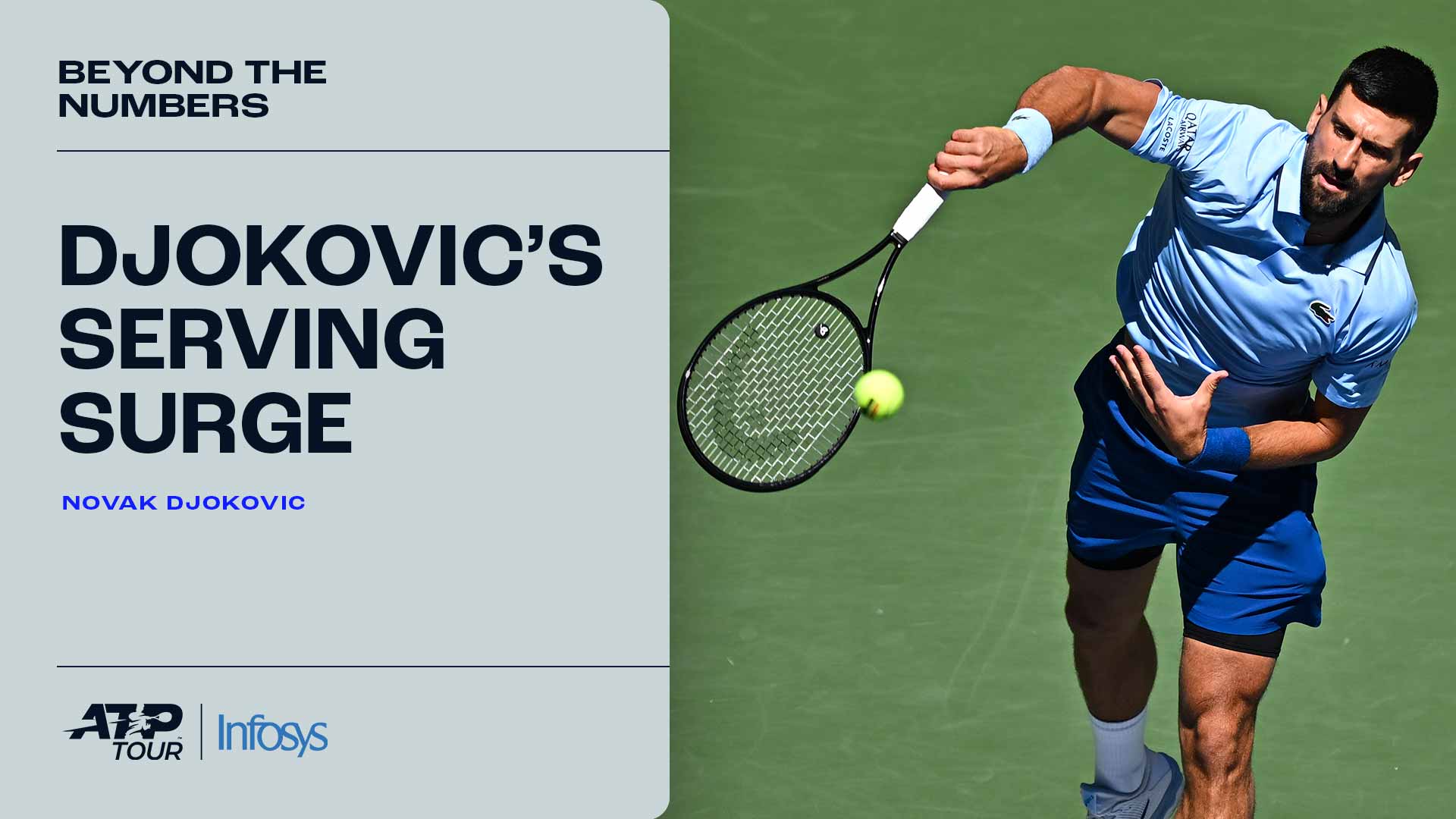Jurgen Klopp says MLS quality ‘constantly increasing’ but U.S. youth soccer too expensive

Jurgen Klopp insists the standard of MLS is “constantly increasing”, but says he wants to work towards providing more free access to youth soccer across the United States.Access to soccer in the U.S. at youth level has long been a source of debate and frustration for many within the game, with FIFA president Gianni Infantino previously criticizing the “pay-to-play” model, saying it “must be free” for children to play.Klopp, the former Liverpool manager, has a broad remit as head of global soccer for the Red Bull group, which includes oversight of the New York Red Bulls in MLS. He was in New Jersey last week for a series of meetings with the team and then attended the 3-2 home defeat against New York City FC on Saturday night.During an interview with The Athletic, the 58-year-old, who won the Premier League and Champions League at Anfield, was asked for his assessment of the development of soccer in the U.S., which will co-host the men’s World Cup next summer along with Canada and Mexico.“In my whole life, I never watched as much MLS as I did in the last month,” Klopp said. “The quality is constantly increasing and getting better, even when you’re still in the introduction phase.“We are introducing the game to a massive country. Big names help a lot. It’s difficult to fill a stadium with the style of play. But I like the atmosphere we have in our stadium, for example. I see it mostly on the iPad or on television because I’m not here that often, but it’s really good, it is enthusiastic, it gets loud.“There is a historical development in the European countries where you grow up and you stick to your club even if you can’t enjoy the games anymore (because of results). So you will not have that here, probably for the foreseeable future.“We have a couple of problems in the USA. So I’m the new guy. So I’m not the one who says, ‘I change it’, it’s not my personality. I just observe and see what could be a problem. Youth football can be expensive. So that makes no sense at all to get the best talents. We all know that the best players (in the world) are not coming from the richest areas. I think the last one (best player in the world at the time) who was rich before he started playing was Kaka, if I am right. So this part of motivation is essential.”Former USMNT midfielder Clint Dempsey told The Athletic this year his family went into debt to help him make it, saying it must be “made easier for people who are less fortunate to have the chance to go chase their dreams.”Tim Howard, the long-time USMNT goalkeeper, told The Athletic: “People are asking, ‘When is the U.S. going to produce a World Cup champion? When is the U.S. going to produce more top-quality talent?’ If we keep ostracizing people on a socioeconomic level, then we’re not. I went through it and I was lucky because I had people who looked the other way.”The development of MLS academies is partially helping the challenge, as well as initiatives by the U.S. Soccer Federation, but costs remain burdensome for many families.After watching their son, Chris Richards, win the FA Cup final with Crystal Palace in May, his parents, Ken and Carrie, recalled to The Athletic how they felt like they were “robbing Peter to pay Paul” to scramble the money together to cover the costs of their son’s youth soccer. Trips out of town regularly cost more than $500 (£370).Ken and Carrie would often volunteer to drive the passenger van for the team, as a way to get the hotel cost covered, and on one occasion received a letter to say that if a young Chris Richards’ soccer fees went unpaid, he would not play the next week. “I was so embarrassed,” Carrie said.“That is what tennis was 50 years ago,” Klopp said. “It was a rich person’s game, more or less. Buying a racket wasn’t possible. Then it started in Germany with Boris Becker. All of a sudden, clubs opened, courts opened. In my village, my dad founded the tennis club and these kinds of things started and everybody could play tennis.“That’s the situation here; so many kids play football. But to get the right training and education at different stages, it makes sense that it’s free. It’s a long-term project issue for me personally and that’s all the things we want to go for.”(Top photo: Gerald Matzka/Getty Images)









